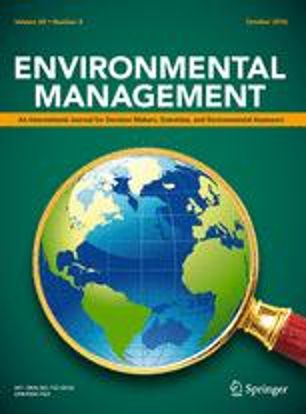Multiple ways of communicating values of nature interact with human decisions in natural resource management. The relative emphasis on relational and instrumental values of nature changes with variation in any of the nested social scales: individual motivation, rationality, morality, sociality, culture, and worldviews. This collection of papers reviews how values and decisions interact in the forest–water–people nexus, suggesting conclusions for current policy discourse on transforming development trajectories. Rationality (taking steps to meet goals) and relationality (taking steps to maintain relations) differ in their reference to explicit (short-term) and implicit (long-term) goals. Relational rationality, and the relational value concept it infers, complements instrumental rationality and goal-oriented, instrumental values. Three progressive tipping points in how, historically, human and social systems relate to nature are 1) technological control over nature, 2) nature strikes back, driving environmental institutions and policies controlling technology, and 3) relational values of nature complementing instrumental ones in policy design.
DOI:
https://doi.org/10.1016/j.cosust.2023.101365
Altmetric score:
Dimensions Citation Count:























